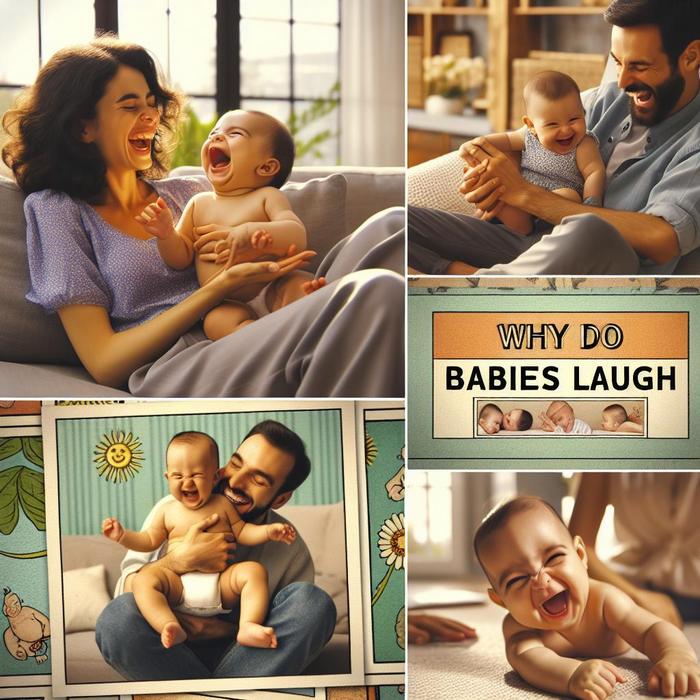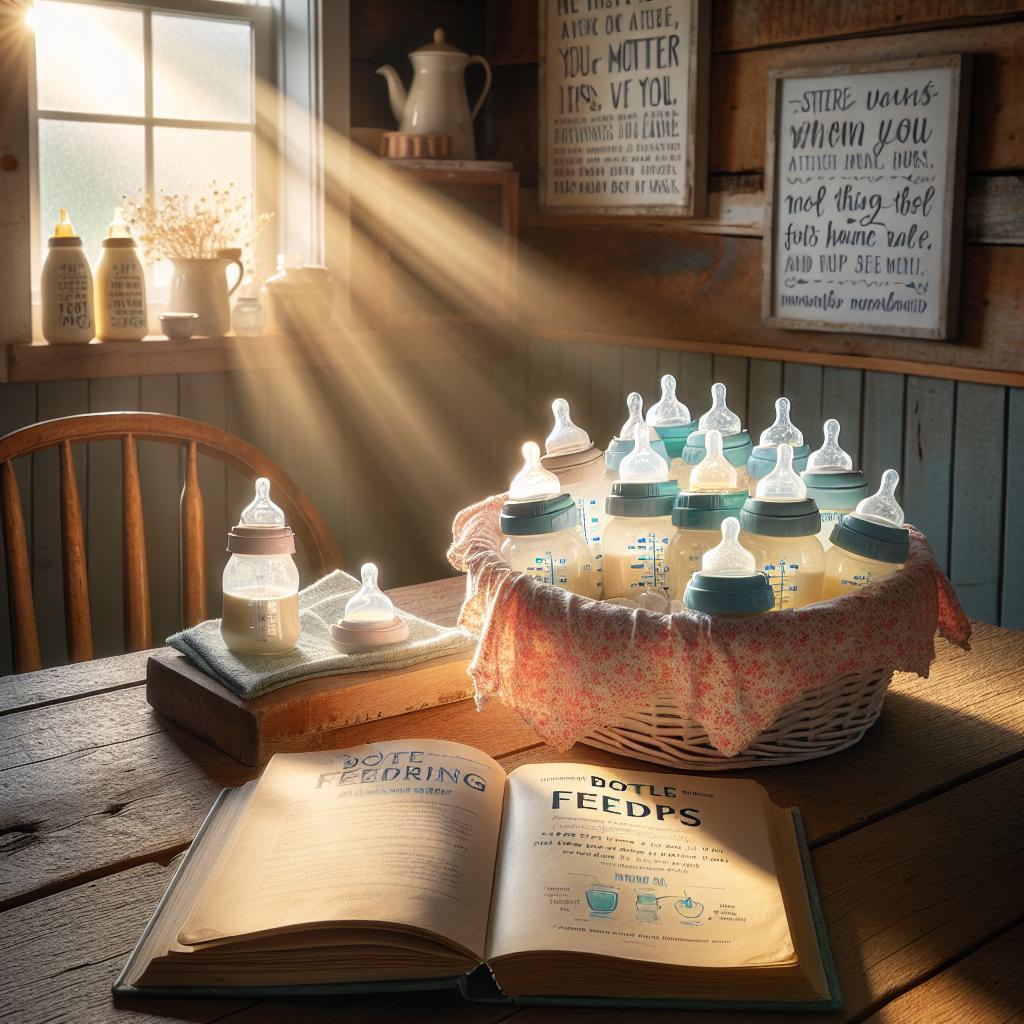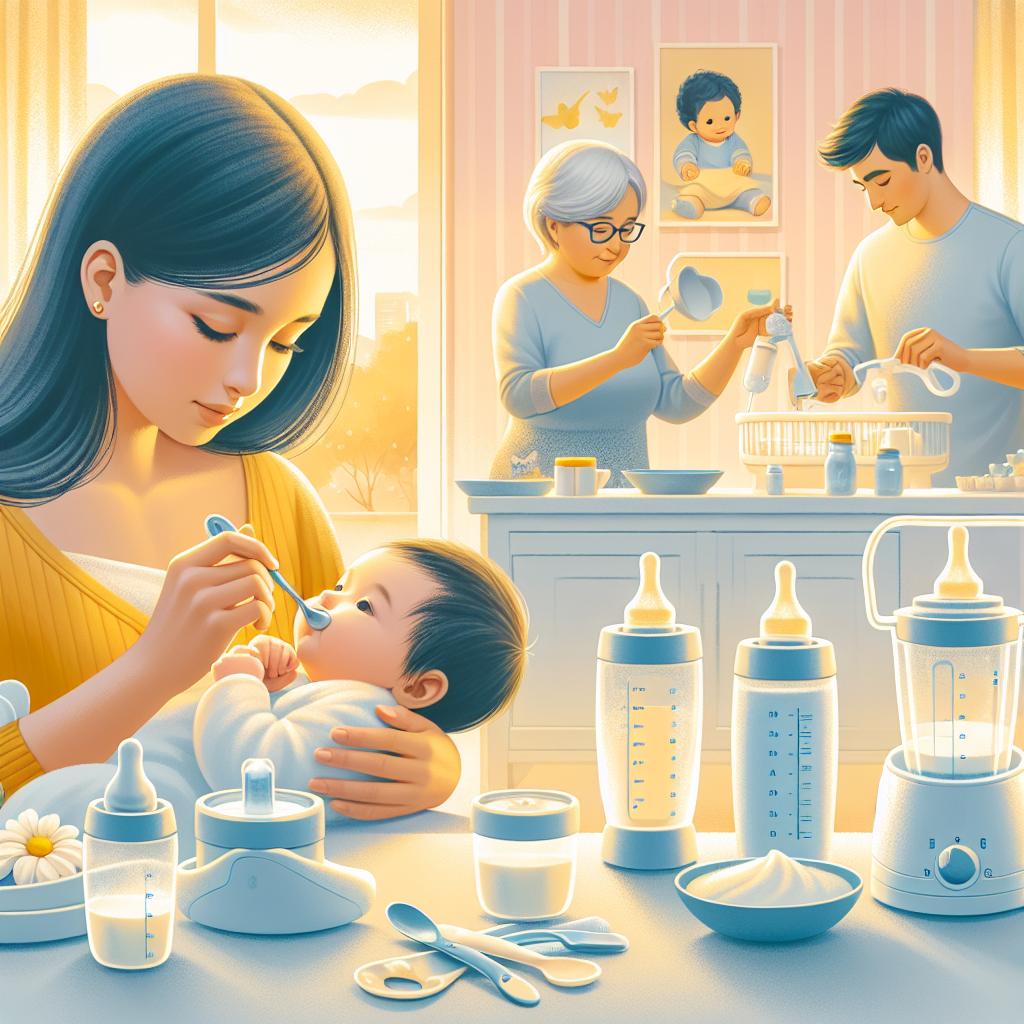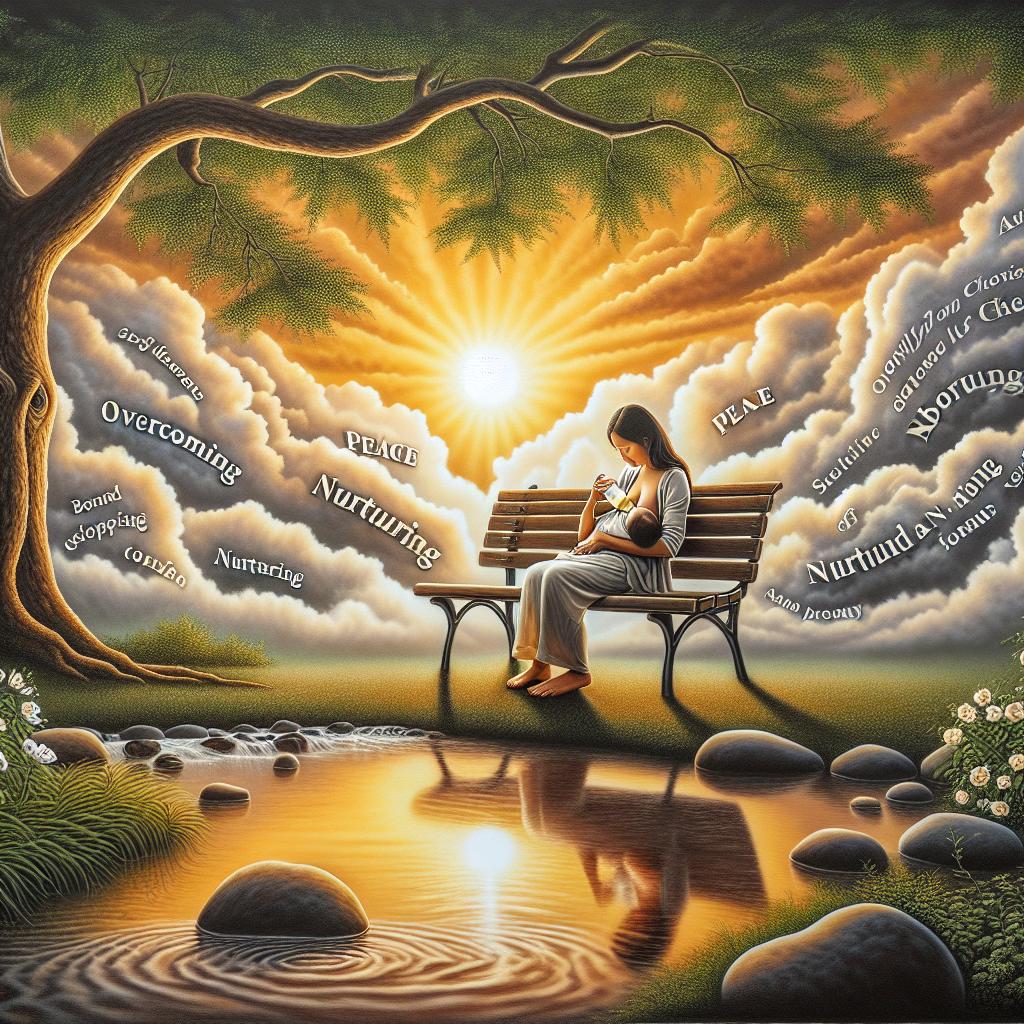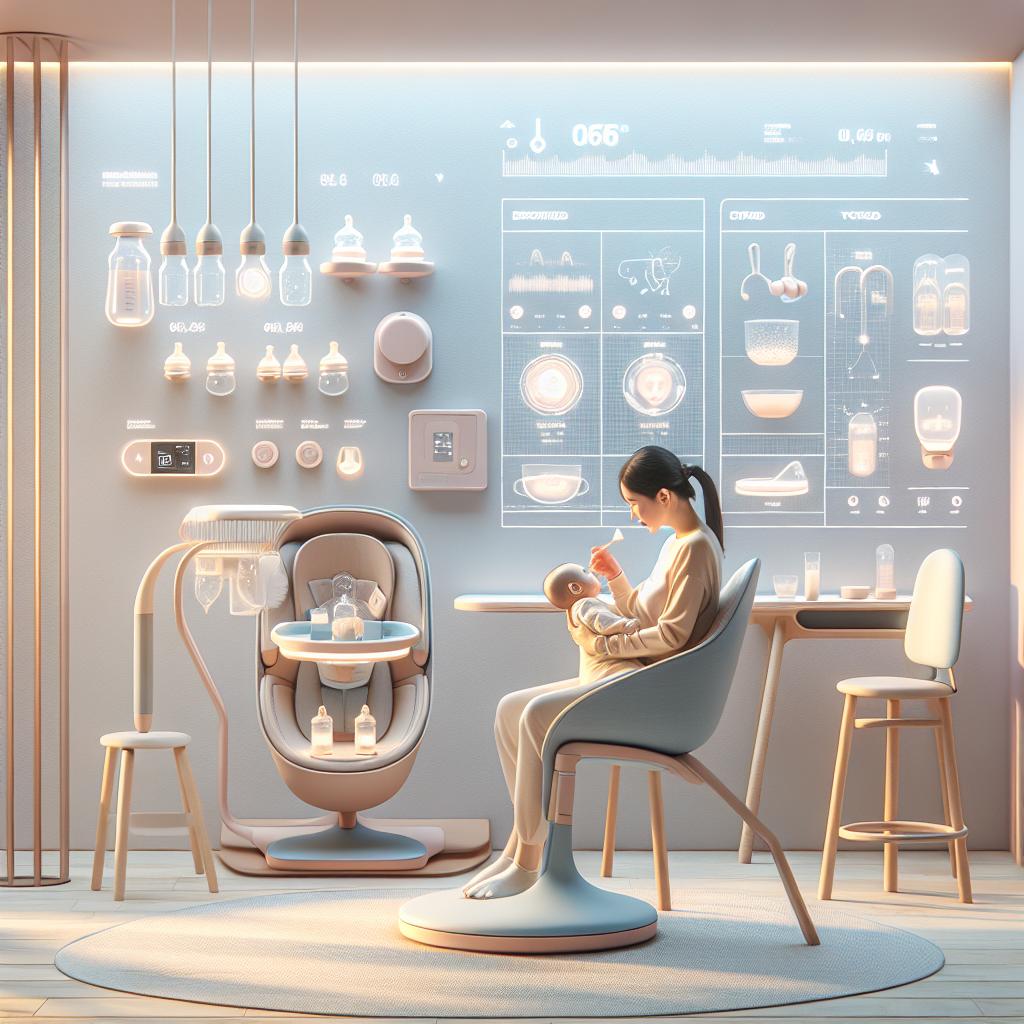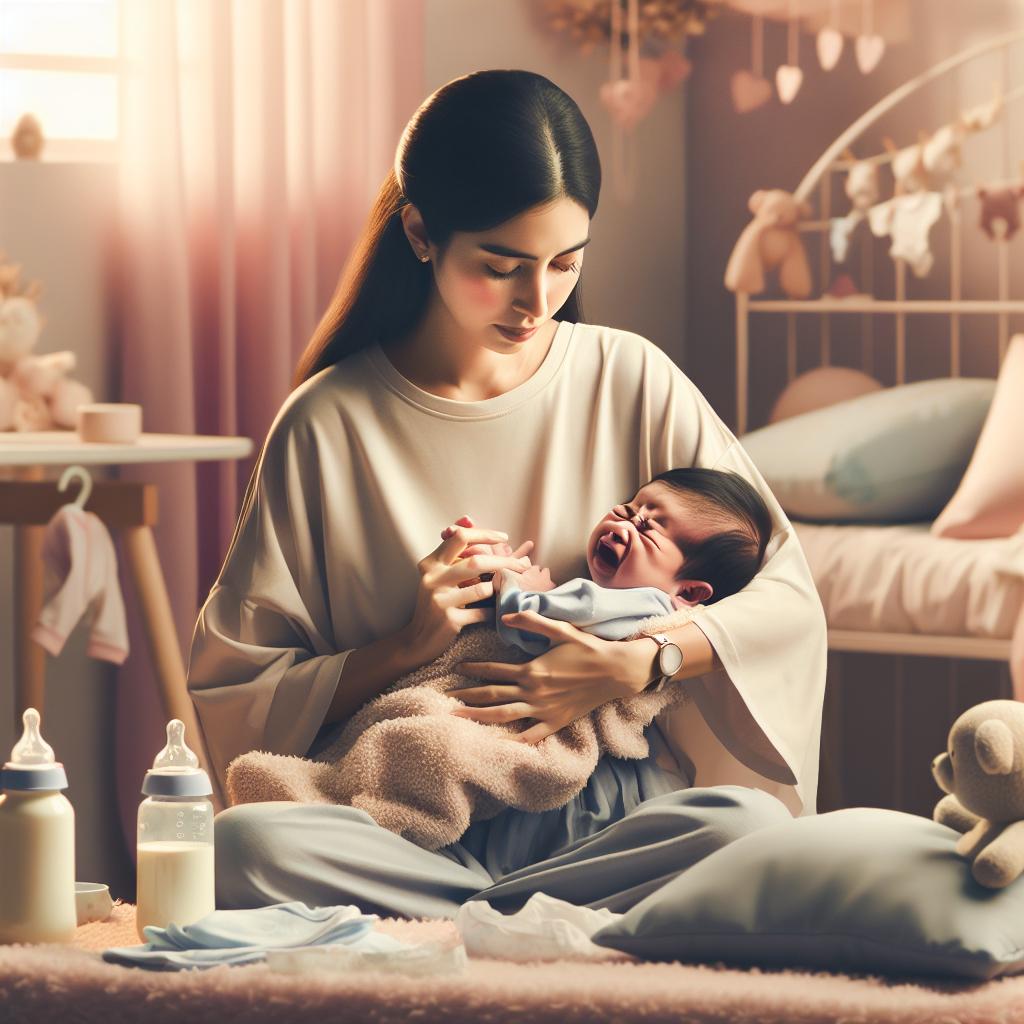A Peek into a Baby’s Laugh: The Spontaneous Outburst of Joy
Ever wondered why babies laugh? It’s a sound that can light up a room and bring joy to our hearts. Interestingly, laughter is not merely a delightful sound; it’s an important aspect of baby development. Join us as we delve into this fascinating subject and unravel the mysteries of baby humor.
Why Babies Laugh: An Unveiling of Baby Humor
Why do tiny tots laugh even before they begin to talk? The truth is, laughter is a vital developmental milestone. In the first few weeks of life, babies start smiling, and wondrously, by the time they turn three or four months old, they start laughing. But, what triggers this adorable reaction? Let’s explore.
- Physical Interaction: Tickling, bouncing, or other gentle physical play often causes babies to giggle. This laughter is a response to the unexpected and enjoyable sensation.
- Social Engagement: Studies have shown that babies often laugh when they interact with their caregivers. This is an integral part of their social development and their way of bonding with their parents or caregivers.
- Imitation: Babies love to imitate adults. If they see their parents laughing or smiling, they are likely to follow suit, showcasing their developing social skills.
- Discovery: The world is an awe-inspiring place for babies. They tend to laugh when they experience something new and exciting, signaling their sense of discovery and curiosity.
Understanding these triggers can help parents become more involved in their baby’s development. For a more detailed analysis, check out this insightful guide on Biomimetic Feeding for New Parents.
The Developmental Importance of Laughter in Babies
Laughter serves as a crucial developmental sign in babies. It plays a significant role in their cognitive, social, and emotional development. Here’s why:
- Cognitive Development: Laughter is a sign that your baby is starting to understand the world around them. For example, they begin to understand cause and effect – a tickle causes laughter. It’s an indication of their developing minds.
- Social Development: By laughing, babies communicate with their parents or caregivers, thereby strengthening their bond. It allows them to express joy and share that feeling with others.
- Emotional Development: A laughing baby is a happy baby. It shows that they are content, comfortable, and secure in their surroundings. It’s an indication of positive emotional health.
An article published in Scientific American explains how laughter helps babies bond with their parents, adding depth to its importance during infancy.
When Should Parents Expect Their Babies to Laugh?
Every baby is unique and reaches developmental milestones at their own pace. However, most babies begin to laugh around the age of 3 to 4 months. This first laugh marks a remarkable moment in a baby’s journey and is equally thrilling for the parents.
For a more comprehensive understanding of baby’s development during their first year, read 10 Common Parental Fears in the First Year and How to Overcome Them.
As adorable as it is, the laughter of a baby serves more than just warming our hearts; it indicates their budding understanding of the world around them and serves as a foundation for their developing social skills. So, the next time your baby laughs, know that it is more than a mere giggle; it’s a sign of their growing comprehension, socialization, and emotional well-being.
Decoding the Secrets of Baby Laughter
Attempting to decode the reason for a baby’s laugh might seem as complex as deciphering an ancient language. However, researchers have committed to the task with the same excitement that a baby experiences during a play session. Interested in learning what they’ve discovered? Here’s some amazing research that throws light on the intriguing world of baby laughter.
- Laughter as a Multilingual Language: No matter where in the world they’re from, all babies laugh even before they utter their first words. This universal language of joy may communicate a baby’s satisfaction and amusement to their caregivers. A discussion on this topic can be found in this Reddit post.
- The Science of Baby Laughter: From a scientific perspective, laughter releases endorphins, the feel-good hormones. This is not only beneficial for baby’s mood but also promotes a positive environment around them. Here is a study that shows why laughing babies are of interest to science.
- Laughter as a Bonding Mechanism: Laughter provides a way for babies to bond with their parents. This interactive exercise makes babies feel loved and safe and strengthens their emotional connectivity. Read more on this topic in this BBC Article.
- Laughter at Being Corrected: Some children even laugh when being corrected. In a warm environment, the children might see the correction as an extension of their play with the caregiver. More on this can be studied in this Lerner Child Development blog post.
Big Picture: Baby Laughter is More than Meets the Eye
Without a doubt, babies’ laughter is one of the most delightful sounds in the world. But it’s much more than just a delightful noise. It’s a pivotal developmental milestone, a universal language, and an emotional communication tool. It signifies joy, curiosity, engagement and discovery.
As we unravel the mysteries around baby laughter, we see that it’s a complex behavior rich with significance. Central to child development, it’s a captivating and reassuring sign for parents, reflecting their child’s cognitive, social, and emotional growth. Fascinating, isn’t it?
Enjoy the Journey: Every Giggle Matters
Baby’s laughter is like a beam of sunlight, radiating warmth and happiness. The joy that it brings is immeasurable and unparalleled. To parents, every giggle is cherished as a precious moment, an affirmation of the love and care they provide. Being aware of the developmental significance explaining why babies laugh adds more pleasure to this beautiful journey of parenthood.
Celebrate your baby’s laughter. Engage with them, play with them, and enjoy each and every giggle. Because each chuckle and titter is a step in their developmental journey and a pure expression of joy. Be part of their world of laughter!
Let’s celebrate these spontaneous outbursts of joy as we continue to explore the fascinating world of babies!
